Violation of privacy is a criminal charge that can lead to a conviction for a Class D misdemeanor in Maine. This can mean jail time, hefty fines, a permanent criminal record, and designation as a sex offender.
These harsh consequences can have a long-term impact on your life, making it essential to take the right steps to defend the charges.
It’s important to learn more about this criminal offense classified as a violation of privacy and what the relevant Maine statute says about it.
Call 207-571-8146 or contact us online to schedule a consult with one of our highly skilled criminal defense & OUI lawyers, serving Southern Maine, today.
Table of Contents
What is considered a violation of privacy in Maine?
Violation of privacy is sometimes called the “Peeping Tom law,” but it extends well beyond looking in someone else’s window without their permission. It takes into account the modern-day prevalence of recording devices (such as smartphones and digital cameras), which make it simple to record other people without their knowledge. Unless permission is granted for the recording, some situations can result in a violation of privacy.
Under Maine law, recording someone who otherwise has a reasonable expectation of privacy and of not being recorded (such as in a home, changing room, or public restroom) is considered a violation of privacy.
Typical examples of violations of privacy
The following are some common examples of a violation of privacy in Maine:
- Secretly installing a video camera in a department store’s changing room.
- Placing a video camera on a neighbor’s property, outside the bathroom window.
- Installing an audio recorder in a public bathroom to hear private conversations that occur there.
- Taking pictures or recording video underneath a person’s clothing in public without their knowledge or permission.
Do violations of privacy laws cover online activities?
The Maine Statute for Violation of Privacy does not cover online privacy or computer privacy. These are dealt with separately by Maine criminal law.
Call 207-571-8146 or contact us online to schedule a consult with one of our highly skilled criminal defense & OUI lawyers, serving Southern Maine, today.
What are the penalties for a violation of privacy in Maine?
Violation of privacy is treated as a Class D misdemeanor in Maine. A conviction comes with a maximum penalty of a $2,000 fine and up to 364 days of jail time.
A special distinction is made if the offense involves recording under someone’s clothing. This will result in mandatory registration as a sex offender under the provisions outlined in the Sex Offender Registration and Notification Act (SORNA).
Convicted sex offenders must register publicly on the database for anywhere from 10 years up to a lifetime.
What is the statute for violation of privacy in Maine?
The Maine Statute 17-A M.R.S.A. Section 511 on Violation of Privacy reads as follows:
A person is guilty of violation of privacy if, except in the execution of a public duty or as authorized by law, that person intentionally:
- Commits a civil trespass on property with the intent to overhear or observe any person in a private place;
- Installs or uses in a private place without the consent of the person or persons entitled to privacy in that place, any device for observing, photographing, recording, amplifying or broadcasting sounds or events in that place;
- Installs or uses outside a private place without the consent of the person or persons entitled to privacy therein, any device for hearing, recording, amplifying, or broadcasting sounds originating in that place that would not ordinarily be audible or comprehensible outside that place; or
- Engages in visual surveillance in a public place by means of mechanical or electronic equipment with the intent to observe or photograph, or record, amplify or broadcast an image of any portion of the body of another person present in that place when that portion of the body is in fact concealed from public view under clothing and a reasonable person would expect it to be safe from surveillance.
- The fourth section covers recording underclothing, as already mentioned. Another element of the statute that deserves a little closer examination is the reference to a “private place” because it’s essential to have a clear understanding of what qualifies.
- A “private place” refers to a location where individuals may reasonably expect to be safe from surveillance. This includes being at home, in a changing room, dressing room, bathroom or similar places where one has a reasonable expectation of privacy.
- It should be noted that recording someone without their permission is not a criminal offense when done for law enforcement purposes. Surveillance is often used in criminal investigations but must abide by Constitutional laws.
Defense strategies for violation of privacy
The state of mind of the defendant is an important factor in violation of privacy cases. To convict somebody of this crime, it must be proven that their actions were intentional. This can often provide the basis for a legal defense strategy,
Maine also allows for a defense that the individual being photographed or filmed is at least 14 years old and has consented to the surveillance. If this is the case, the defendant cannot be convicted of violation of privacy.
Other potential defenses are available and should be discussed with your criminal defense attorney once the facts of your case are established.
Call 207-571-8146 or contact us online to schedule a consult with one of our highly skilled criminal defense & OUI lawyers, serving Southern Maine, today.
How can a criminal defense lawyer help with a privacy violation charge?
If you’ve been arrested and charged for violation of privacy, it can have a profound effect on the rest of your life. The charge must be taken seriously because it can impact everything from employment and travel to immigration status.
A charge of this magnitude should be vigorously defended. A suitably qualified criminal defense lawyer with experience in defending those accused of sex crimes can help in many ways, including:
- Investigating the alleged offense
- Assessing the available evidence against you
- Assessing the strength of the case against you
- Advocating for you in court
- Protecting your legal rights
- Presenting your legal options
- Outlining your defense options
- Providing legal advice
- Supporting and guiding you through stressful times
What are the potential outcomes in a violation of privacy case?
With seasoned legal advice and representation, your chances of avoiding a conviction for violation of privacy are increased.
There are several possible outcomes besides a conviction. These include the following:
- Deferred disposition: This is where a guilty plea is entered and sentencing is postponed for a specified period of time. If the defendant can demonstrate good behavior and meet certain requirements during the “deferment” period, the charge may be dismissed or another beneficial outcome delivered. This option may or may not be available in your case. Your criminal defense lawyer will need to discuss this option with the prosecution.
- Plea deal: This Is where the State agrees to convict the accused on a modified or lower-grade charge than the one initially charged in exchange for an admission of guilt.
- Jury verdict of “not guilty”: If the case goes before a jury, a group of selected jurors will decide whether the elements of the case have been met and if the evidence warrants a conviction for violation of privacy.
Contact The Maine Criminal Defense Group
Being accused of violating Maine’s privacy laws can have serious legal consequences, but a strong defense can make all the difference. At The Maine Criminal Defense Group, we understand the complexities of these charges and are committed to protecting your rights and your future.
If you or a loved one is facing a violation of privacy accusation, don’t navigate the legal system alone. Call us today at 207-571-8146 or contact us online for a confidential consultation and experienced legal guidance.
Call 207-571-8146 or contact us online to schedule a consult with one of our highly skilled criminal defense & OUI lawyers, serving Southern Maine, today.
Blog Articles

January 11th, 2025, in Skowhegan, Maine, a Maine Department of Transportation plow truck sustained a head-on collision caused by a drunk driver on Route 2, as reported by law enforcement.[...]
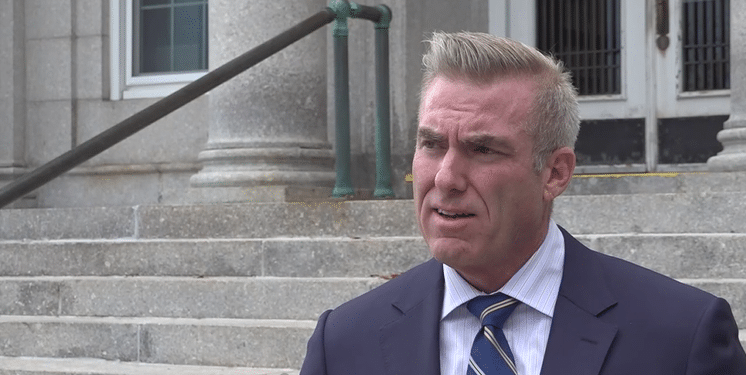
The tragic events of a fatal car crash in 2023 that claimed the lives of four young people have finally reached a pivotal legal outcome. Noelle Tavares, a former Maine[...]

In most states, there are many different places that the average person can take a driving course to satisfy court requirements as related to an DUI conviction. However, in the[...]
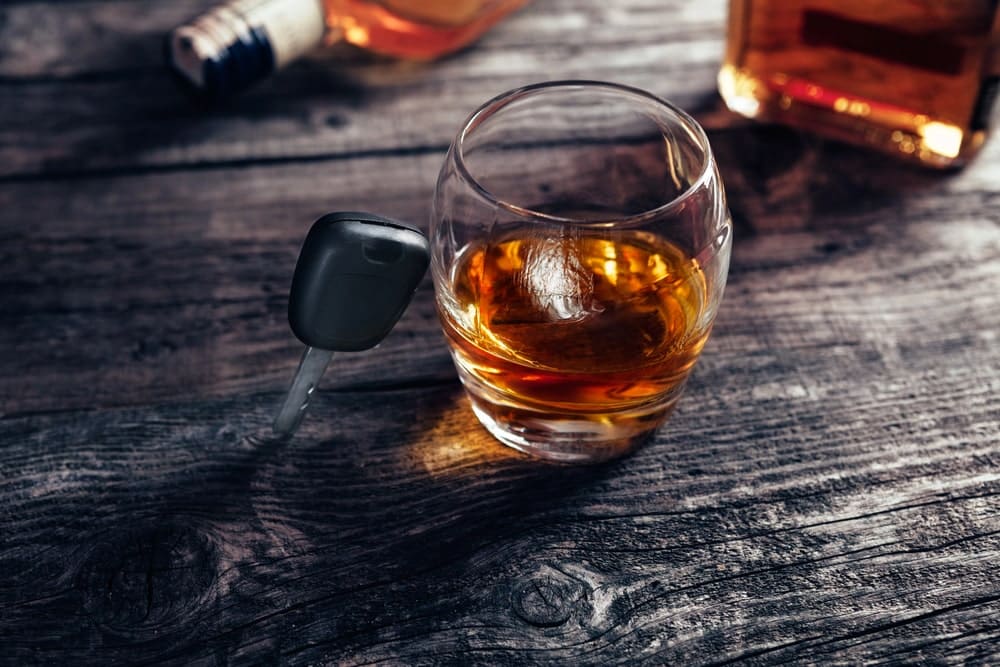
Defending against OUI offenses in Southern Maine Anyone charged with a 2nd OUI in Maine should expect little leniency from the criminal justice system. This makes it even more important[...]
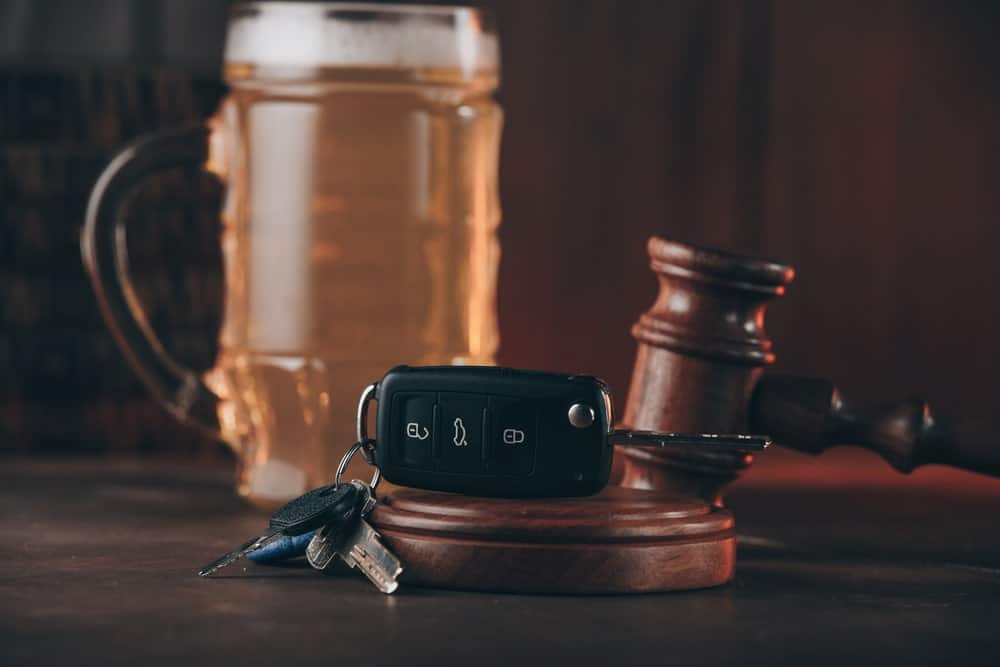
Defending against OUI Refusals in Southern Maine Did you know that it is a criminal offense to refuse to submit to a chemical test if lawfully requested to do so[...]

Reducing an OUI charge in Maine OUI charges are handled severely in Maine. For many people, a drunk-driving charge is their first time dealing with the criminal justice system and,[...]

Alcohol laws of Maine While you should be aware of the strict OUI laws in Maine, it’s also important to know about other ways you can face a traffic infraction[...]

Defending against OUI offenses in Southern Maine A first OUI in Maine can potentially have long-term consequences, but with the right legal representation, alleged offenders can escape the harshest penalties.[...]
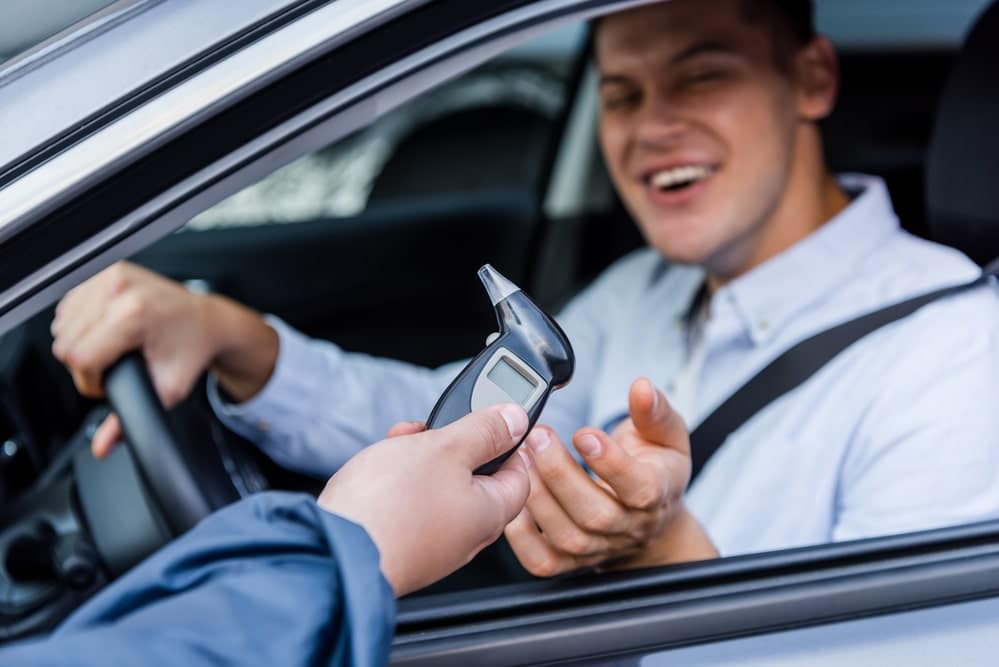
If you blow under .08 in a DUI breath test in Maine, it may be jumping the gun to breathe a huge sigh of relief. You may not be “free[...]
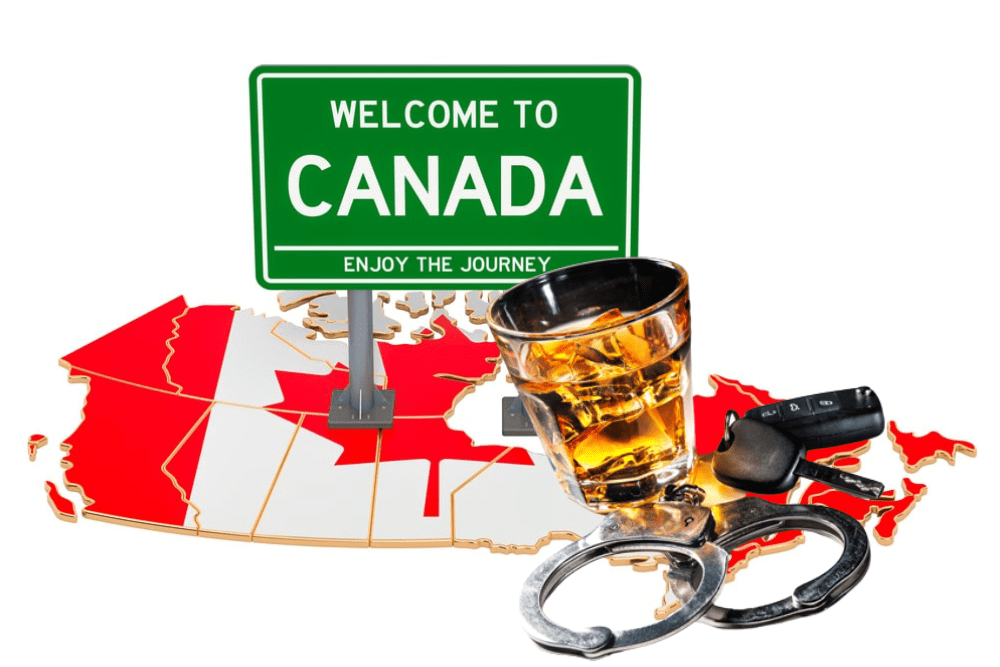
Last Updated: February 18, 2025 Between 11 and 15 million Americans visit Canada each year but you’re unlikely to contribute to those numbers in the future if you have an[...]


